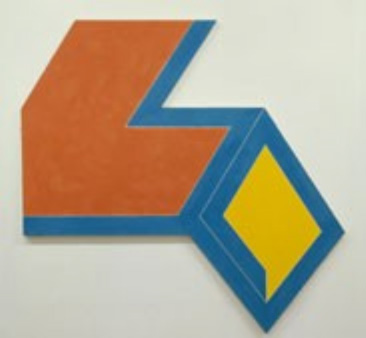“Max smiled. He said, ‘I shall take refuge in the Phaedrus. You remember at the end Socrates tells Phaedrus that words can’t be removed from place to place and retain their meaning. Truth is communicated from a particular speaker to a particular listener.’
‘I stand rebuked! I recall that passage. But it is a reference to mystery religions, isn’t it?’
‘Not necessarily. It can apply to any occasion of learning the truth.’
‘Do you think Hannah – desires the true good?’
Max said after a long silence during which Effingham found himself nodding with sleep, ‘I’m not sure. And I don’t think you can tell me. It may all be to meet some need of my own. I’ve meant all my life to go on a spiritual pilgrimage. And here I am at the end – and I haven’t even set out.’ He spoke with a sudden fierceness, cutting and lighting a cigar with quick precision and moving the ash-tray farther down the table with a loud clack. He added, ‘Perhaps Hannah is my experiment! I’ve always had a great theoretical knowledge of morals, but practically speaking I’ve never done a hand’s turn. That’s why my reference to the Phaedrus was damned dishonest. I don’t know the truth either. I just know about it.’ ”
(Iris Murdoch, The Unicorn (1963), pp. 100–101.)

(Frank Stella, Effingham I (1967), in the Van Abbemuseum.)